Structural Materials Lab / Functional Materials Lab
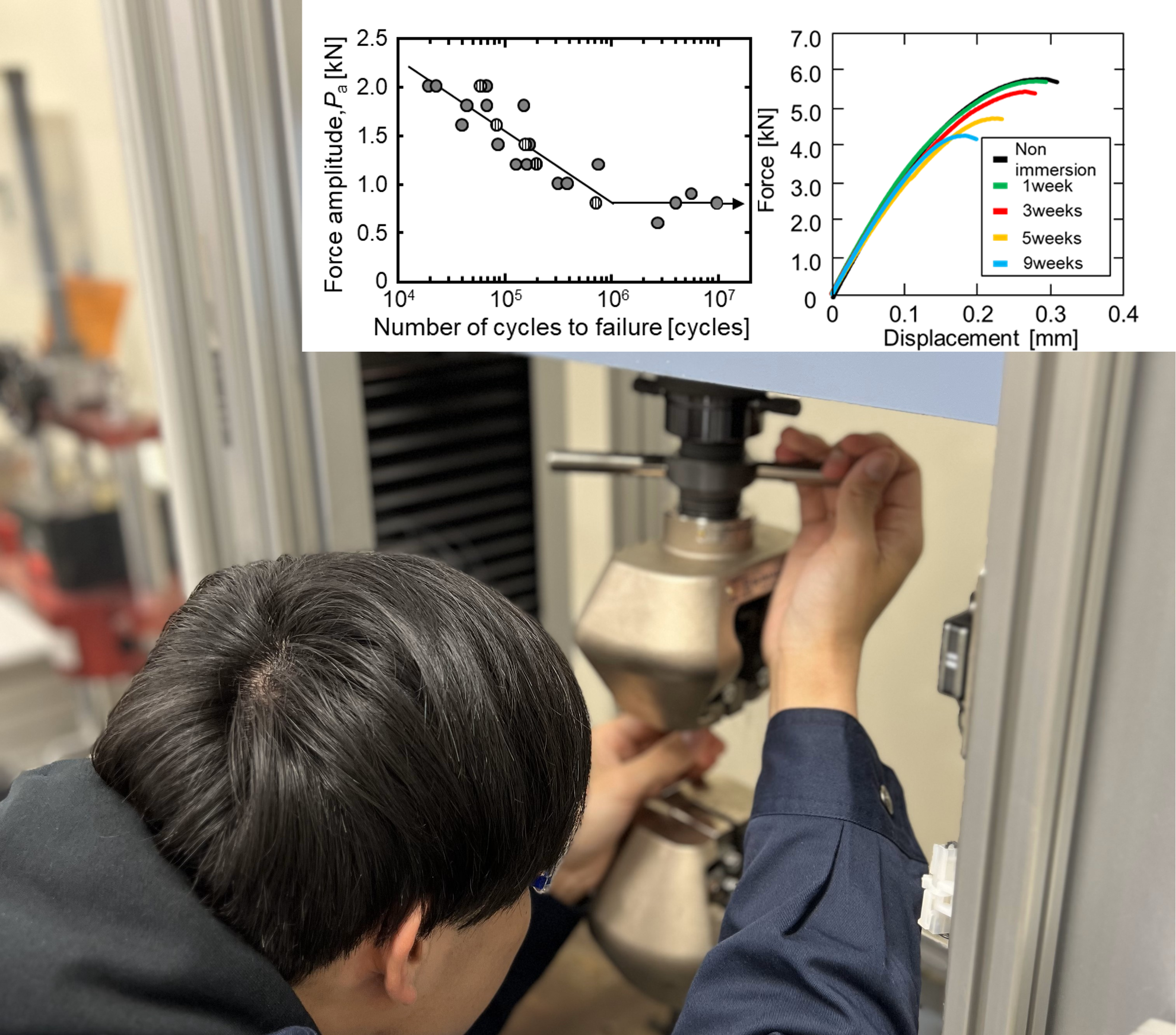
Materials engineering creates the future from nano to space!
In the Structural Materials Laboratory, we conduct research into the creation of desired properties by controlling the structure of metallic materials. We also work on the development of fundamental and applied technologies that are useful for manufacturing. Our laboratory has an environment where we can use electron microscope systems (FE-TEM + EDS + EELS, FIB, FE-SEM + EBSP, etc.), and by exploring the micro- and nano-world of materials, we generate new ideas and promote creative research and development.
Staff
Laboratory of Applied Solid Mechanics
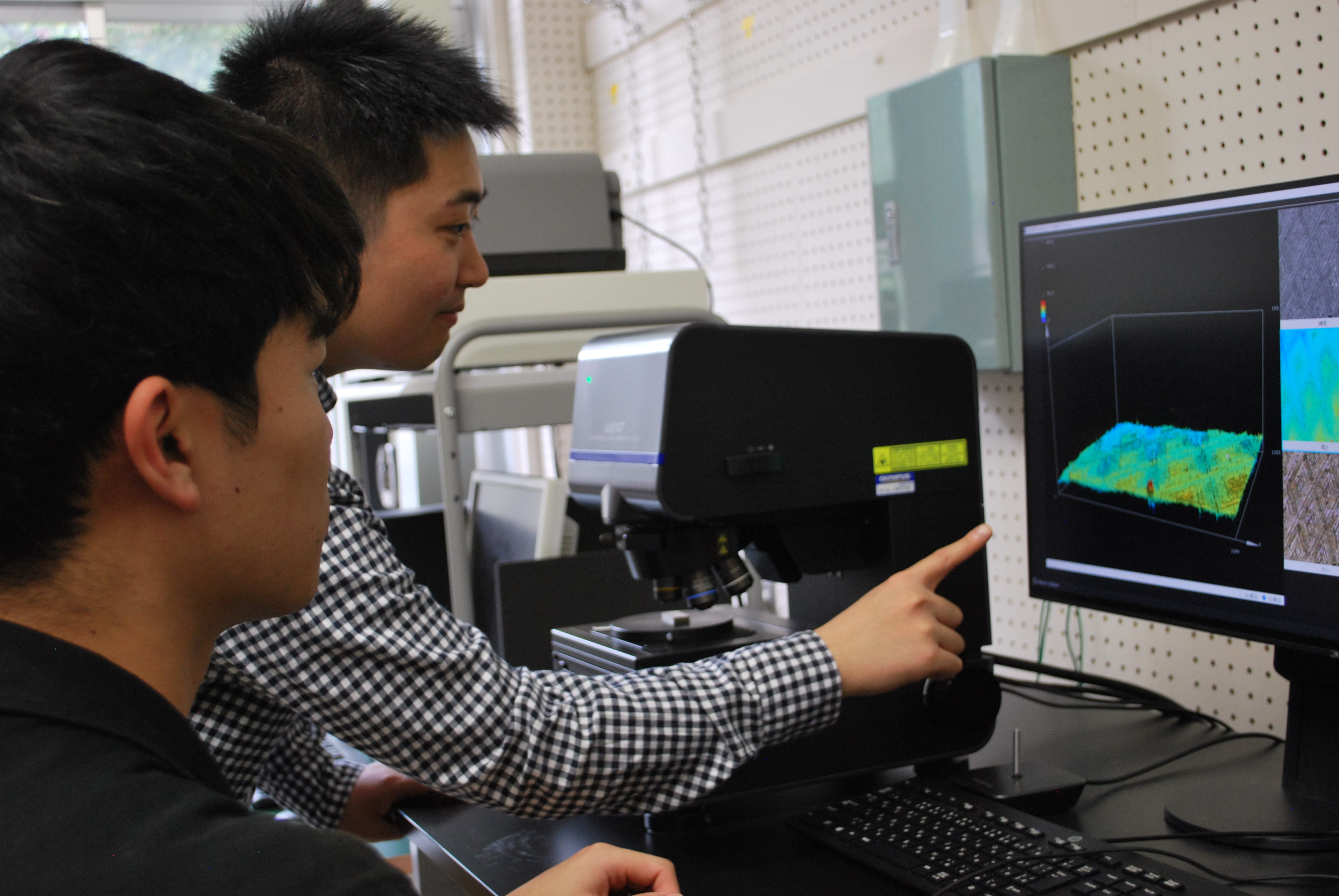
Innovating the world through material mechanism research
The Laboratory of Applied Solid Mechanics conducts research on deformation, damage, and fracture behavior of various materials, including metallic and polymeric materials. We focus on the fact that many practical materials have inhomogeneities at different hierarchical levels and actively promote research from the microscopic perspective.
Staff
Machine Design and Tribology
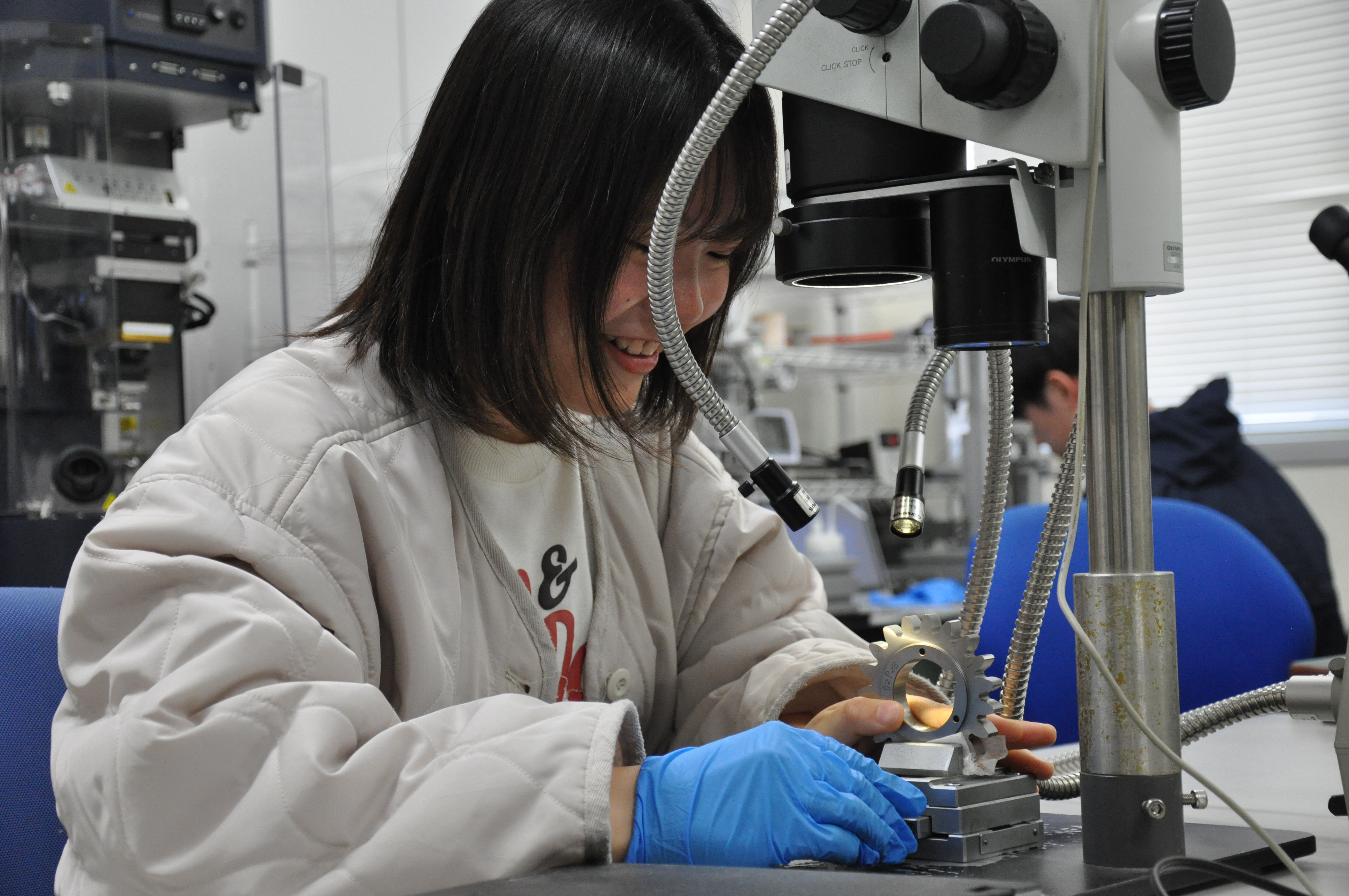
Advanced Machine Element and Tribology Technologies for a Carbon-Free Futur
In order to achieve carbon neutrality and a decarbonized society, machines need to be more efficient, lightweight, and environmentally friendly. We are researching advanced technologies to improve the lifespan, efficiency, and performance of various machine components, such as bearings for electric vehicle transmissions and drive motors. To do this, we use cutting-edge surface modification, coating, and analysis techniques.
Staff
Advanced Machining Laboratory
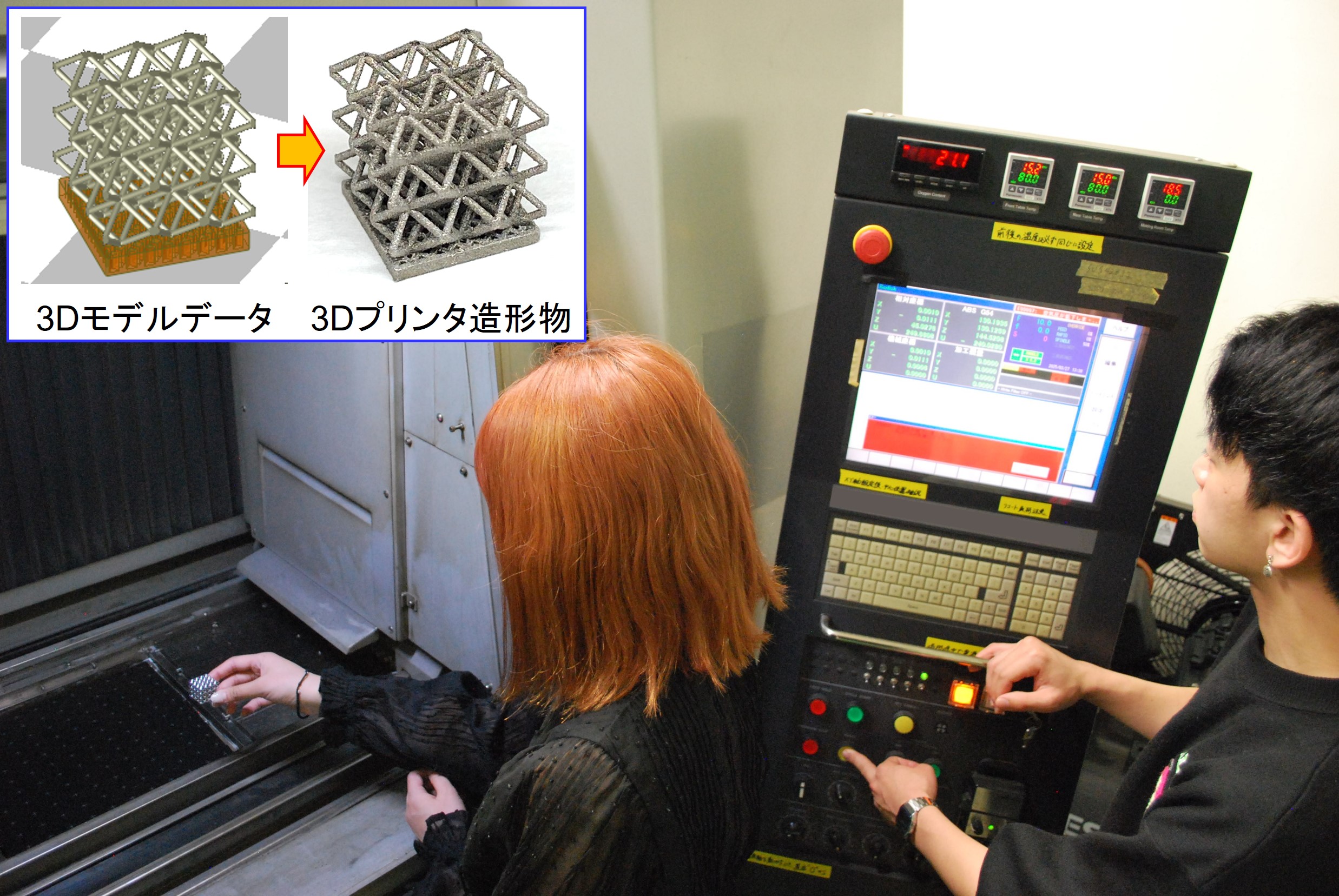
Development of advanced machining methods with laser beam, electron beam and plasma
Advanced Machining Laboratory is doing research on Electrical Discharge Machining (EDM), Electron Beam Machining (EBM), Laser Beam Machining (LBM), Additive Manufacturing (AM), and so on. With the rapid progress of technology, new materials with excellent properties have been developed, and the characteristics of industrial materials have been improved. Most of these materials are difficult to machine by the conventional methods, and they require new machining methods. Our laboratory has studied various machining methods with electric, electronic, optical, magnetic, chemical and biological energy as a tool.
Staff
Manufacturing Engineering Lab.
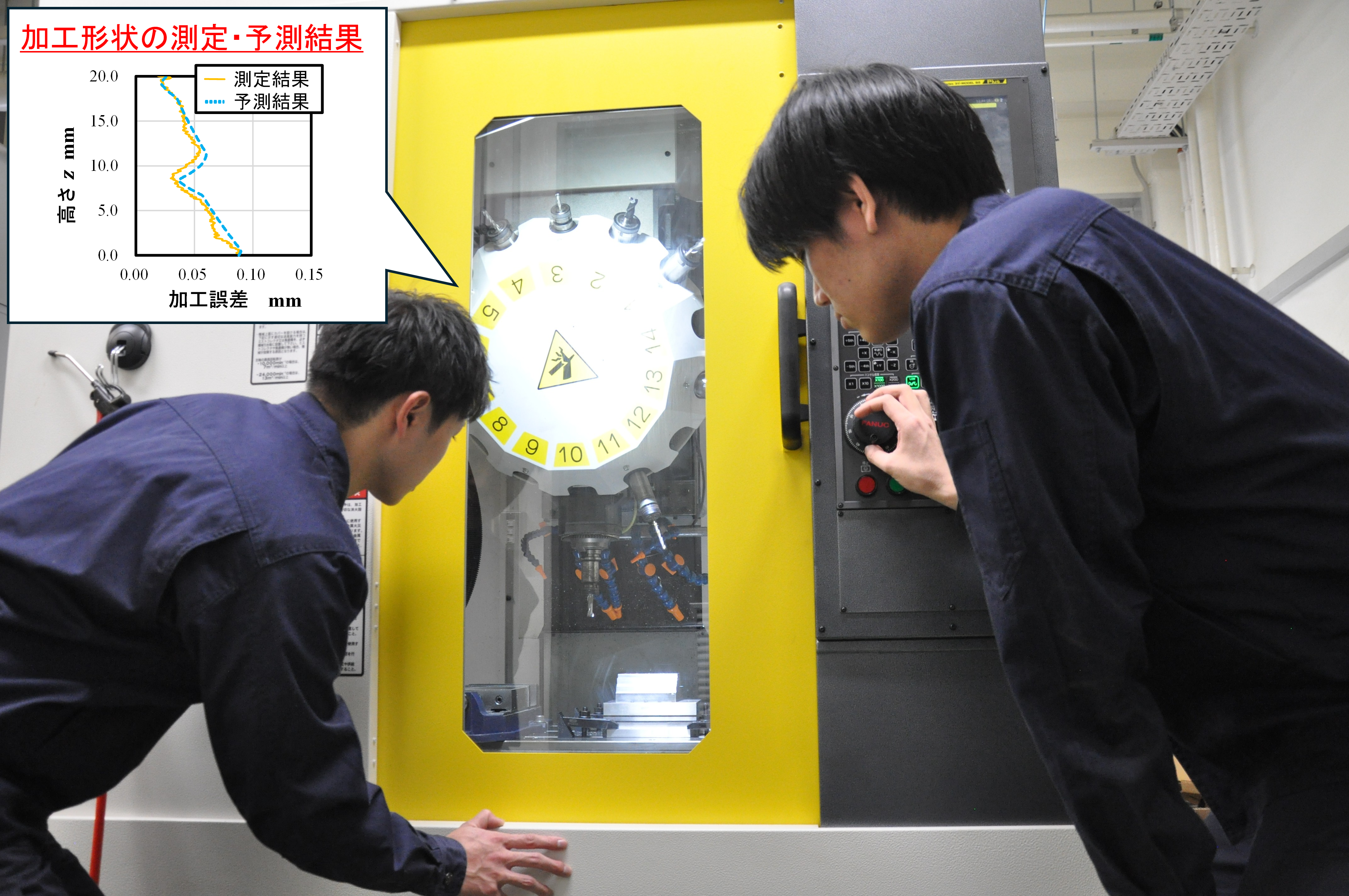
The future of manufacturing technology starts here!
The Manufacturing Engineering Laboratory is dedicated to education and research in the fundamental technologies of manufacturing, machining, and related fields. Our aim is to improve efficiency, precision, quality, and automation in these processes. Our research advances machining technologies by elucidating the mechanisms involved in grinding, cutting, and finishing. We also support the development of artificial intelligence (AI), Internet of Things (IoT), simulation and digital twin technologies specifically designed for the machining industry, as well as evaluation technologies for machining processes. We are committed to enhancing manufacturing technologies that benefit both machine users and machine builders.
Staff
Aerodynamics/Fluid dynamics
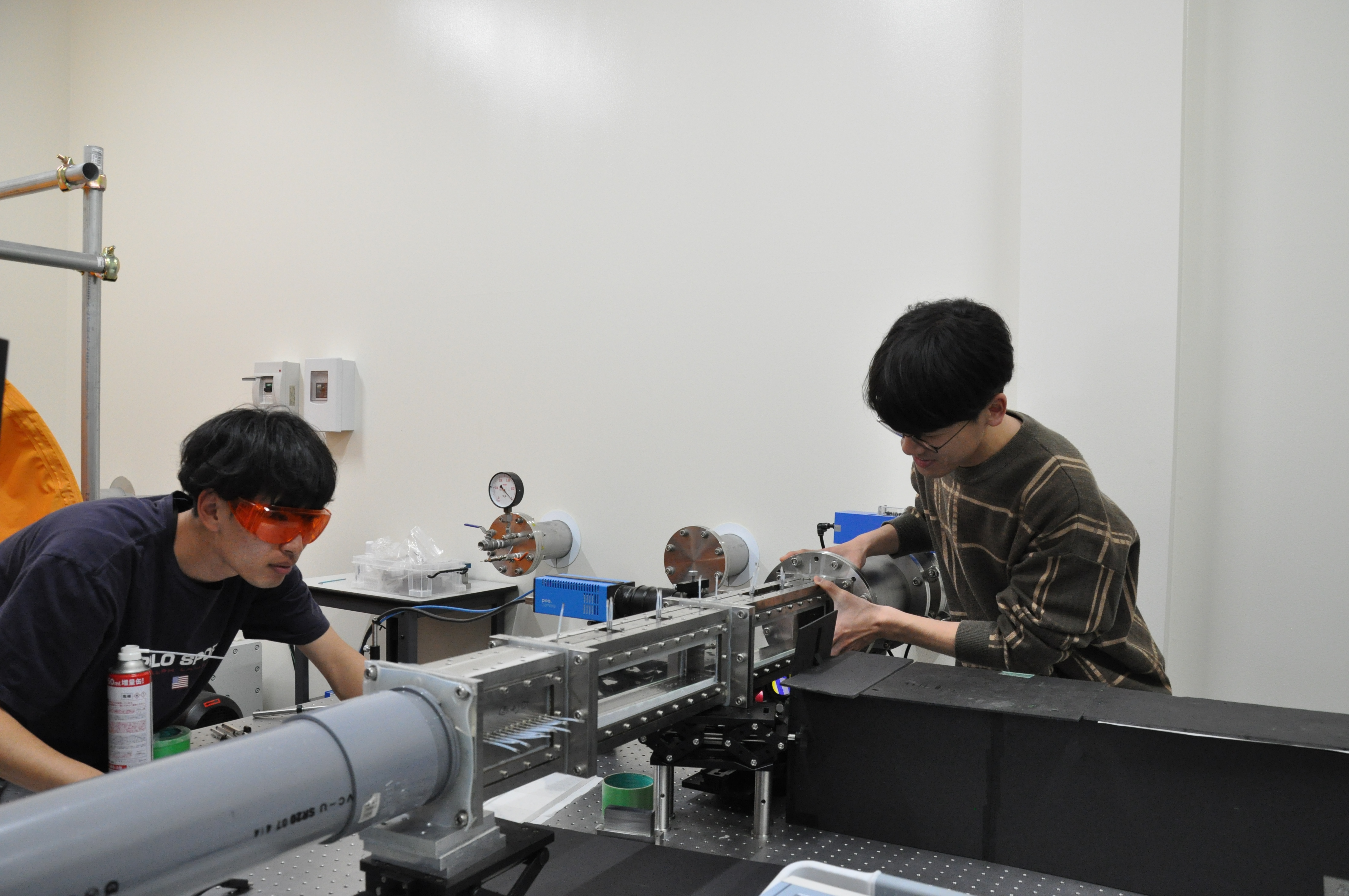
Find out the truth of flows! Create flows in the world!
Our research aims to investigate all kinds of fluid phenomena, from low-speed flows in automobiles and wind turbines to supersonic flows in aircraft and spacecraft, by using advanced measurement techniques, high-performance computations, and innovative data-driven analysis by machine learning.
Staff
Heat Transfer Laboratory
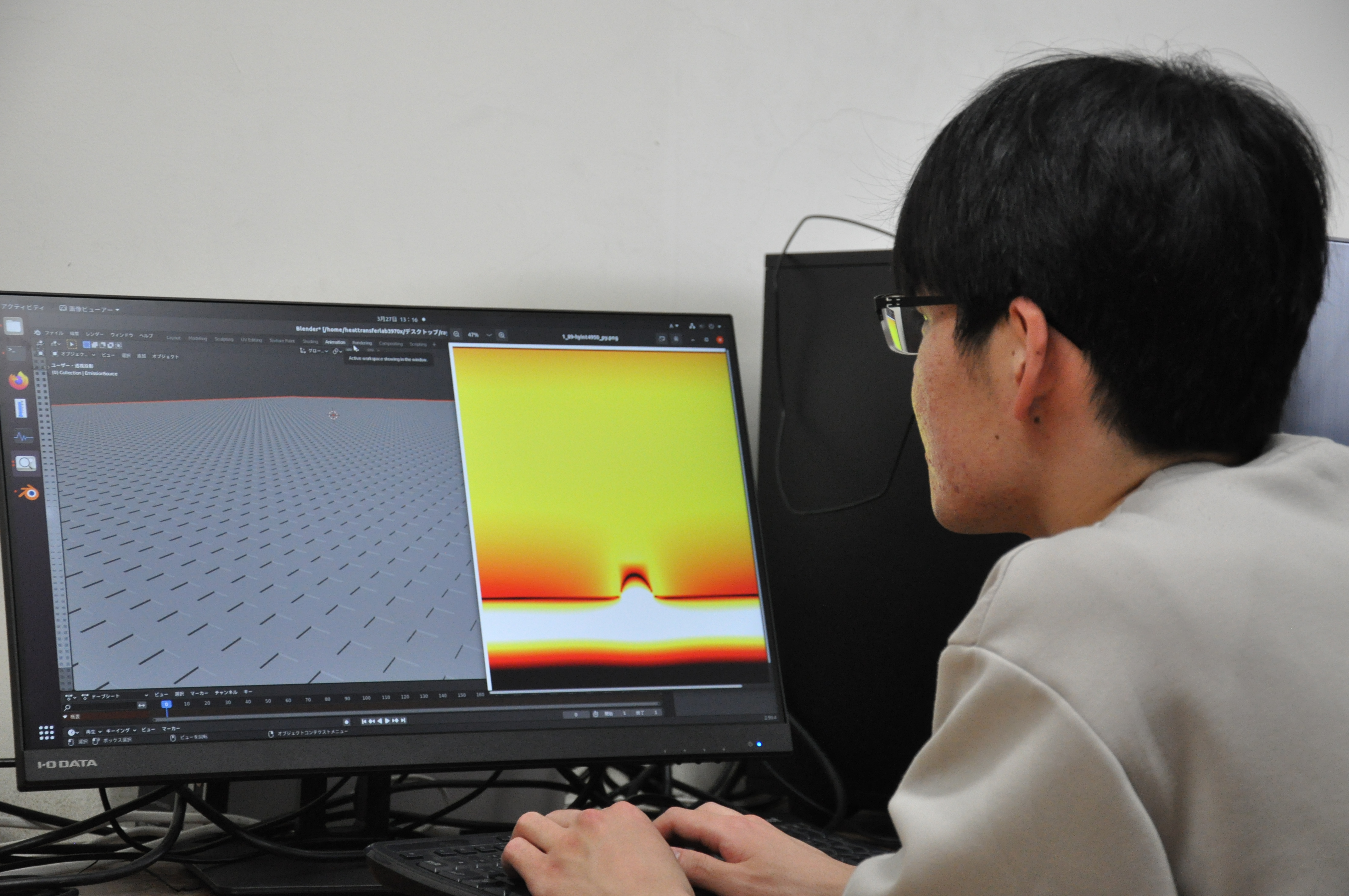
Heat transfer phenomena are everywhere.
Temperature around our living environment is determined by heat transfer following several rules. In our laboratory, we are studying for developing of novel thermal energy storage techniques, clarifying mechanism of supercooling, utilization of phase change phenomena, revealing the heat and fluid transfer in the droplet, controlling thermal radiation by nanostructures, passively controlling radiative cooling using phase transition materials.
Staff
Heat Power Engineering Laboratory
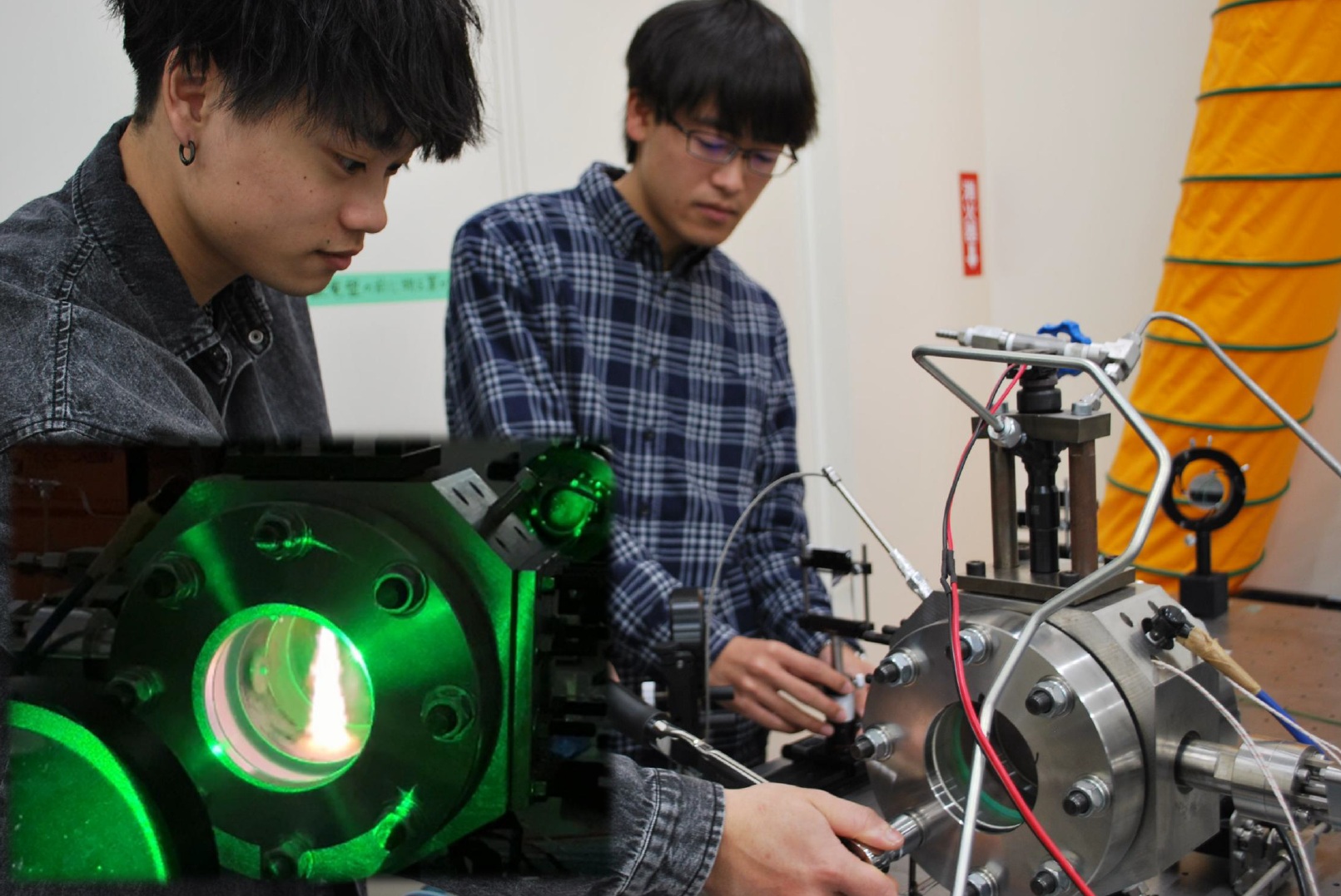
Combustion research toward carbon neutrality
Heat Power Engineering Laboratory focuses on combustion research for improving thermal efficiency and reducing harmful exhaust emissions. In-cylinder gas flow, spray and combustion processes are investigated with ultra high-speed imaging, spectroscopy of chemiluminescence, and laser diagnostics. Modeling and simulation of reacting flows and combustion systems are carried out with 3D computational fluid dynamics to elucidate the complex combustion phenomena. Detailed investigations on the combustion of carbon neutral fuels such as hydrogen, synthetic fuels, and bio-fuels are also targeted.
Staff
Cognitive Neuroscience
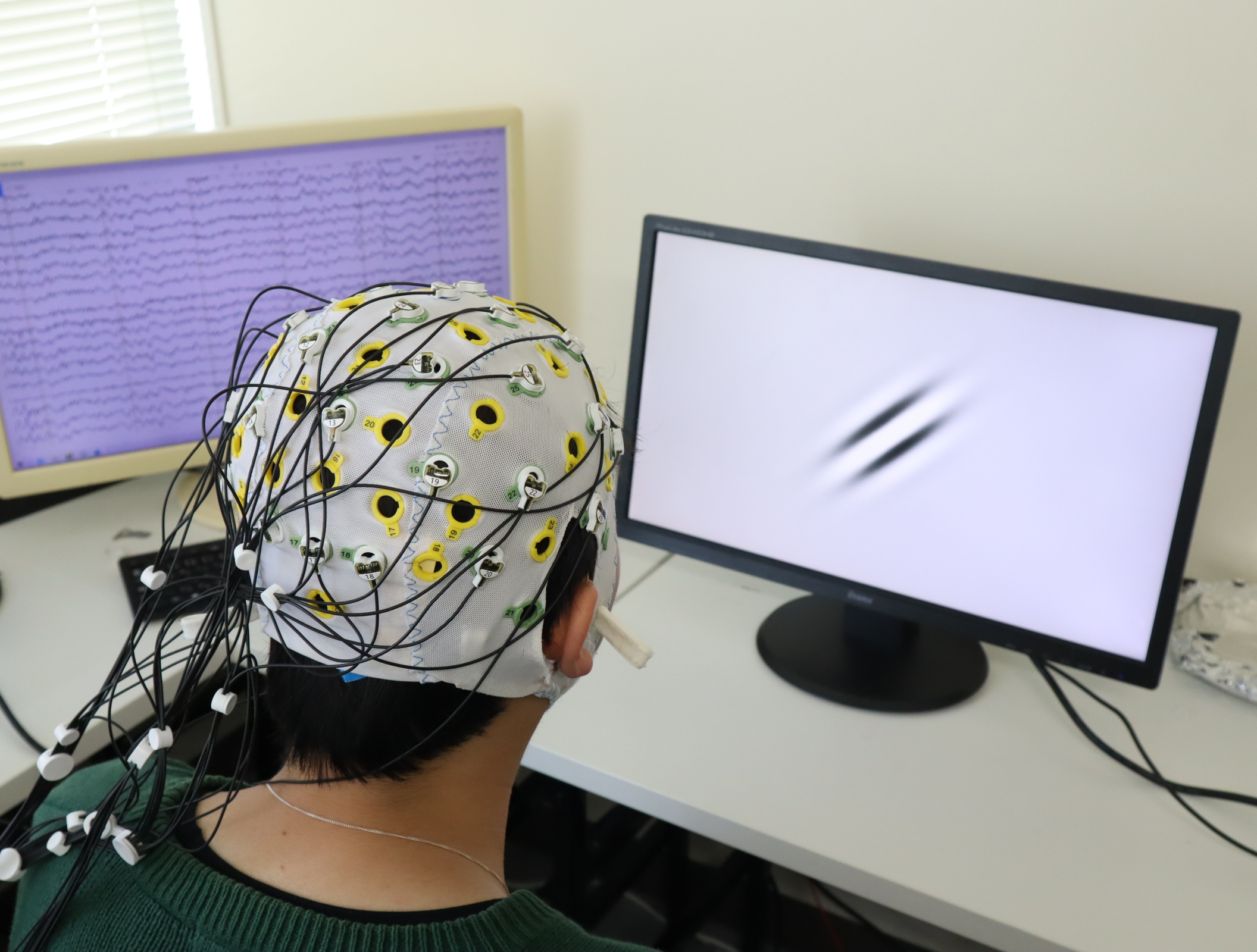
Understanding multi-scale human brain functions using multiple brain imaging techniques.
The human cerebral cortex contains billions of neurons that are organized into well-defined laminar structures, and the neurons in each layer have thousands of interlaminar and cortico?cortical synaptic connections with other neurons. Our lab aims to understand multi-scale human brain mechanisms underlying cognitive, emotional, and social function and dysfunction. Our research integrates multiple brain imaging techniques (e.g., fMRI, ERP) and behavioral assays to help people with neurological disorders.

